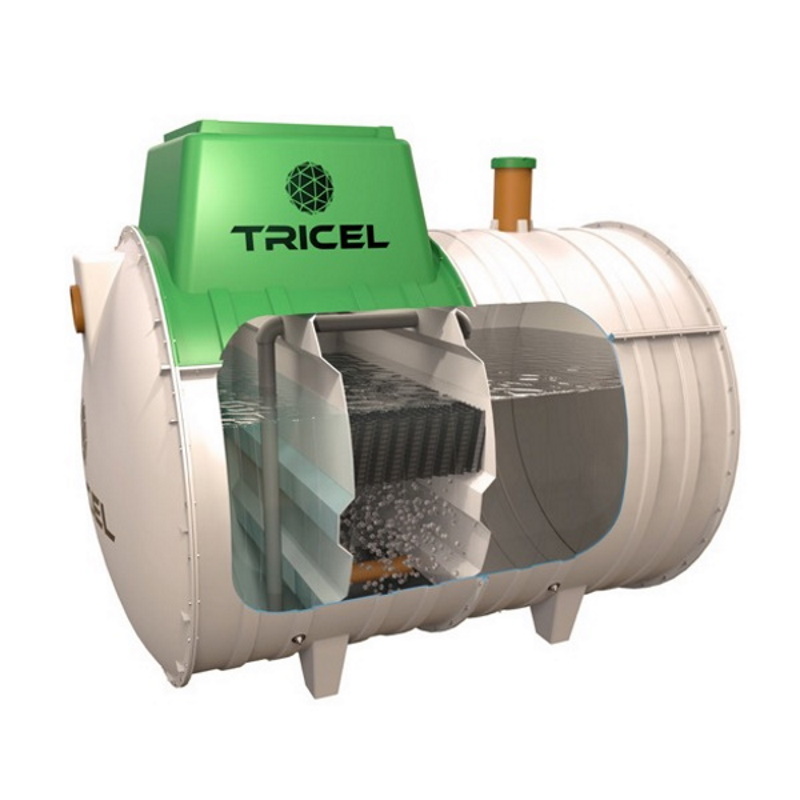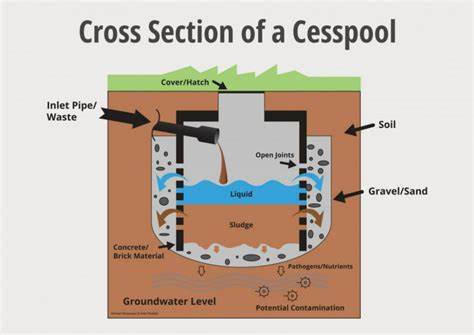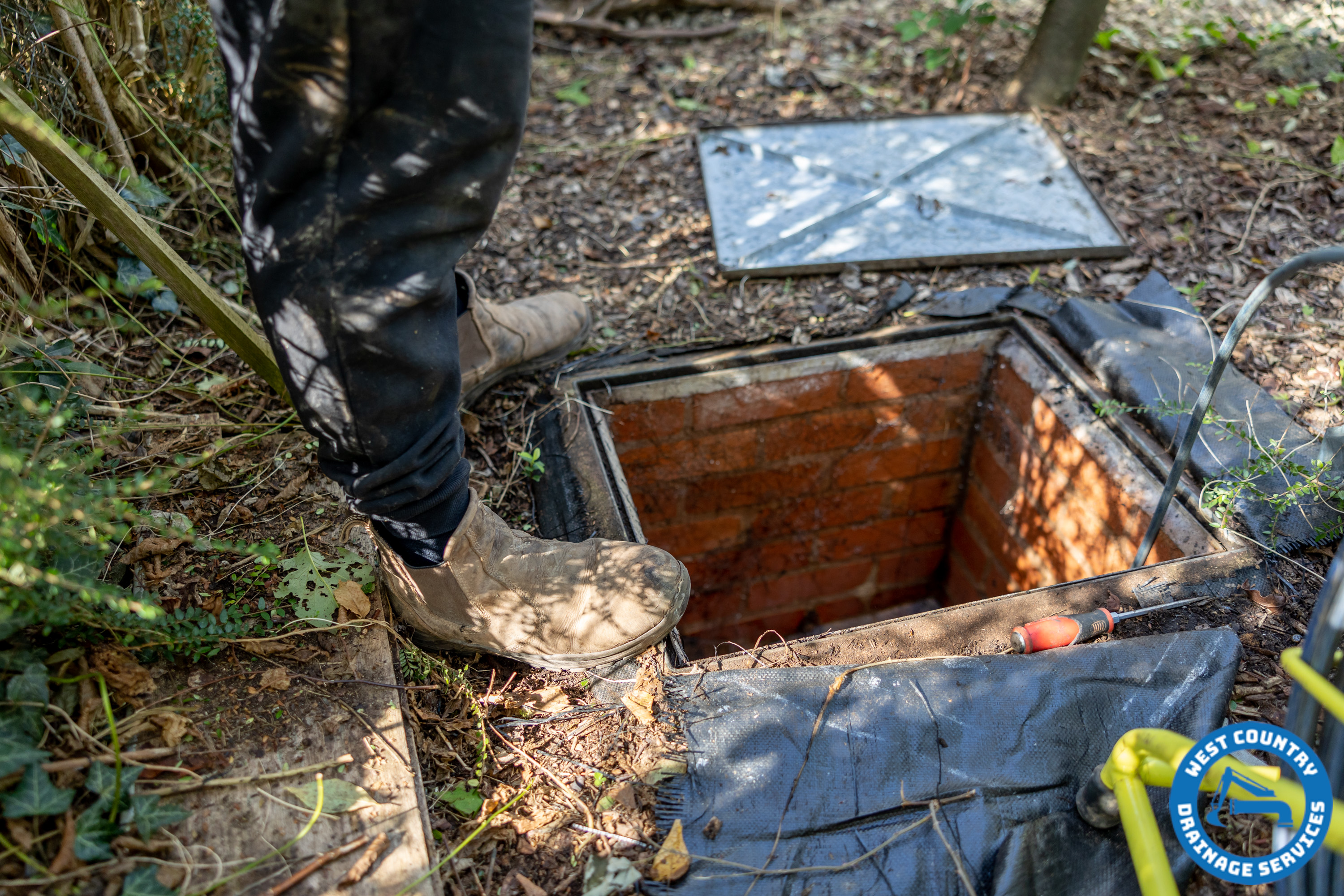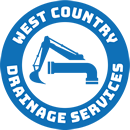Types of Drainage
Drainage is a fundamental aspect in all of our lives, whether you’re a home owner, a developer or an employer, it effects us all.
In this post we’ll dive into a number of areas such as the significance of proper drainage, the different types of drainage systems and why investing in effective drainage is essential.
 The Importance of Drainage:
The Importance of Drainage:
Drainage plays a pivotal role in managing water effectively to prevent flooding, erosion, and waterlogging. Without proper drainage, excess water can accumulate, leading to a host of problems such as damaged infrastructure, compromised soil quality, and increased risk of waterborne diseases
Types of Drainage Systems:
Surface water drainage: This type of drainage deals with managing rainwater that falls on the surface. It includes systems like gutters, downspouts, and surface channels that direct water away from buildings and roads.
Off mains Drainage – These are systems such as septic tanks, sewage treatment plants and cesspools that are normally located in rural areas where there is no mains drainage.
 Septic tank – Has an element of treatment and the effluent discharges into a drainage field for further treatment before entering the environment.
Septic tank – Has an element of treatment and the effluent discharges into a drainage field for further treatment before entering the environment.
 Sewage Treatment Plant – Treats effluent to a high quality allowing 95% cleaner discharge into our environment via drainage field or water course.
Sewage Treatment Plant – Treats effluent to a high quality allowing 95% cleaner discharge into our environment via drainage field or water course.
 Cesspool – Is a holding tank which is regularly emptied via suction tanker and disposed off responsibly.
Cesspool – Is a holding tank which is regularly emptied via suction tanker and disposed off responsibly.

Mains Drainage –This is where you are connected to the main sewer looked after by your local waterboard.
____________________________________________
Investing in Effective Drainage
Property value and maintenance: Homes with proper drainage systems are less likely to experience water-related damage, making them more attractive to buyers. Regular maintenance of drainage systems is crucial to ensure they function optimally and to prevent clogs or blockages.
Preventing Erosion: Adequate drainage helps protect the landscape from erosion. Without proper drainage, soil can wash away during heavy rains, leading to the loss of fertile topsoil and compromising the stability of structures.
Reducing flood risk: Urban areas are particularly susceptible to flooding without efficient stormwater drainage systems. Investments in well-designed drainage infrastructure can significantly reduce the risk of flooding, protecting both property and lives.
____________________________________________
Conclusion
Without proper drainage we would be at risk from some serious issues. Regular maintenance is just as important as getting the correct drainage in place. Lets work together in looking after our environment and infrastructure.
Get in touch if you have any concerns regarding your drainage. Our friendly team are happy to help and advise on the phone or send an engineer to you for an assessment.
If you have any questions or queries or if you have a problem with your drains or sewage, please do not hesitate to get in touch for a friendly no obligation quote.
EMAIL | CALL | CONTACT FORM

